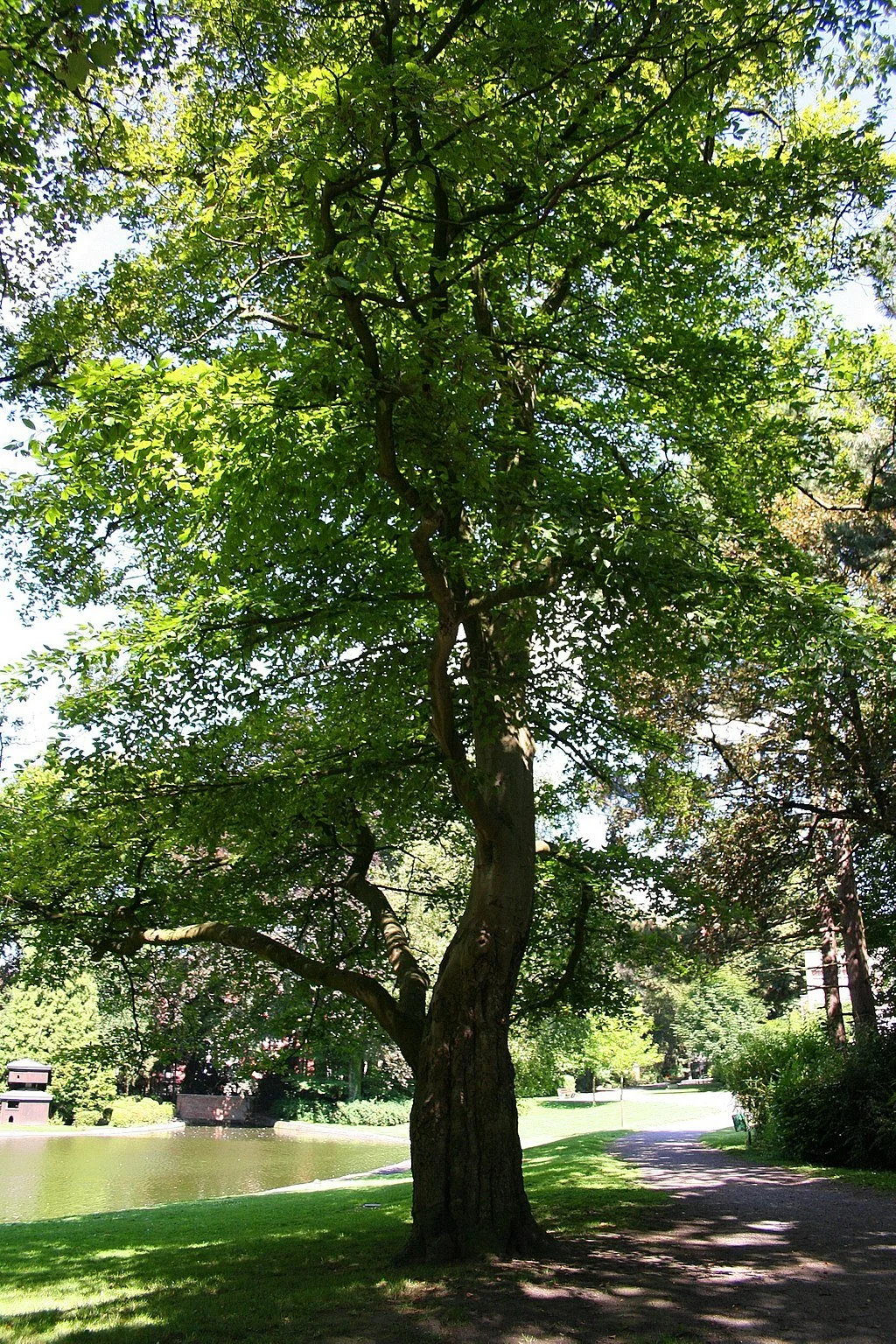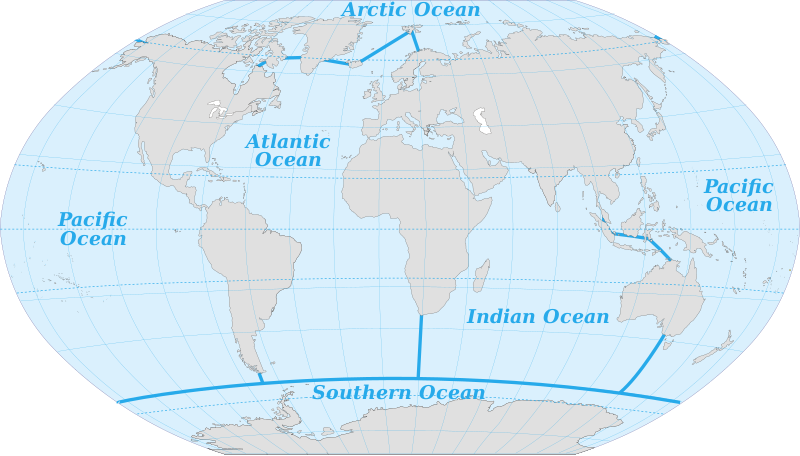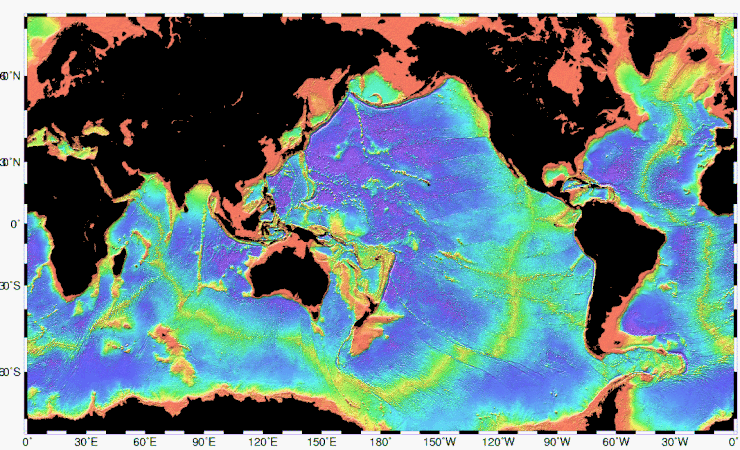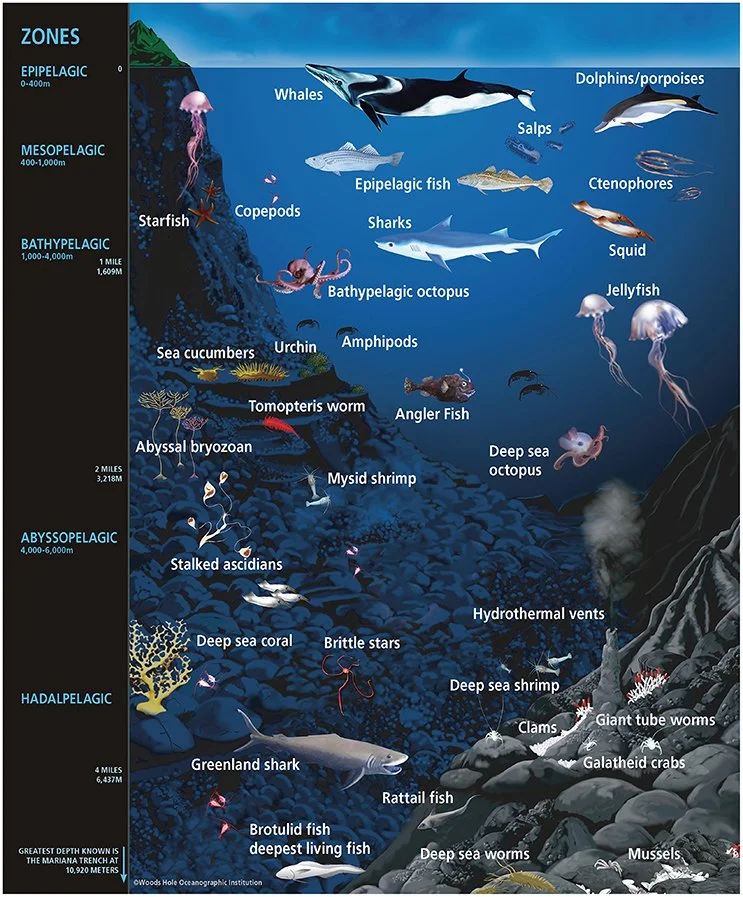American beech tree
— Photo by Jean-Pol GRANDMONT
From ecoRI News (ecori.org) article by Mike Freeman
Beech leaf disease, which has devastated northern hardwood forests since its discovery in Ohio in 2012, has spread throughout Rhode Island’s beech trees.
“It would change the whole forest ecosystem if they go,” said Heather Faubert, director of the University of Rhode Island’s Plant Protection Clinic. “We know what’s infected them but don’t know yet how it spreads, only that it spreads very quickly. It was first identified in Ashaway in 2020 and is now statewide.”
The disease is infecting beech trees in all New England states except Vermont, and was first detected in Connecticut in 2019.
Faubert’s general description tracks the terrible template that has wiped out or is en route to wiping out several native North American tree species. Details differ, but the plot never changes: People notice dying trees, a cause is identified, swaths of forest succumb as more becomes known, then to various effects preventative, palliative, or restorative measures are taken, often in combination. American chestnut exists on life support, American elm is greatly diminished, and currently eastern hemlock, the entire ash genus, and now American beech are all in dire peril.
As Faubert noted, what exactly causes beech leaf disease (BLD) and how it spreads are currently unknown, though the critical vector is Litylenchus crenatae mccannii, a nearly microscopic nematode, or worm, that feeds on beech leaves.
To read the whole article, please hit this link.


















